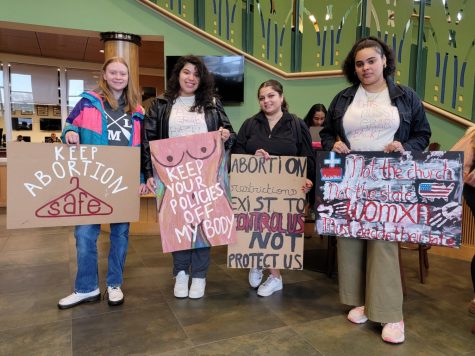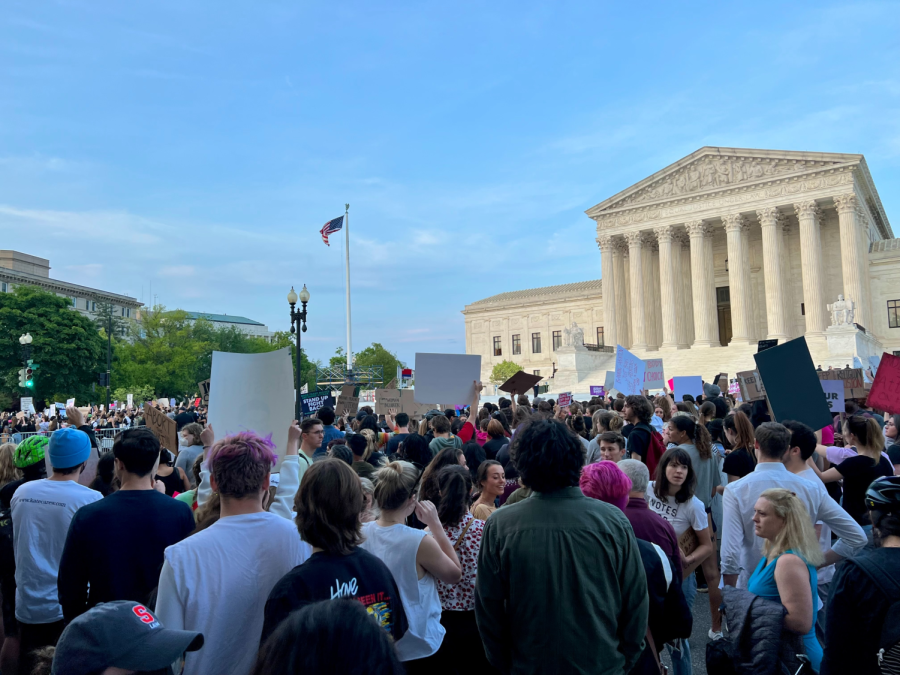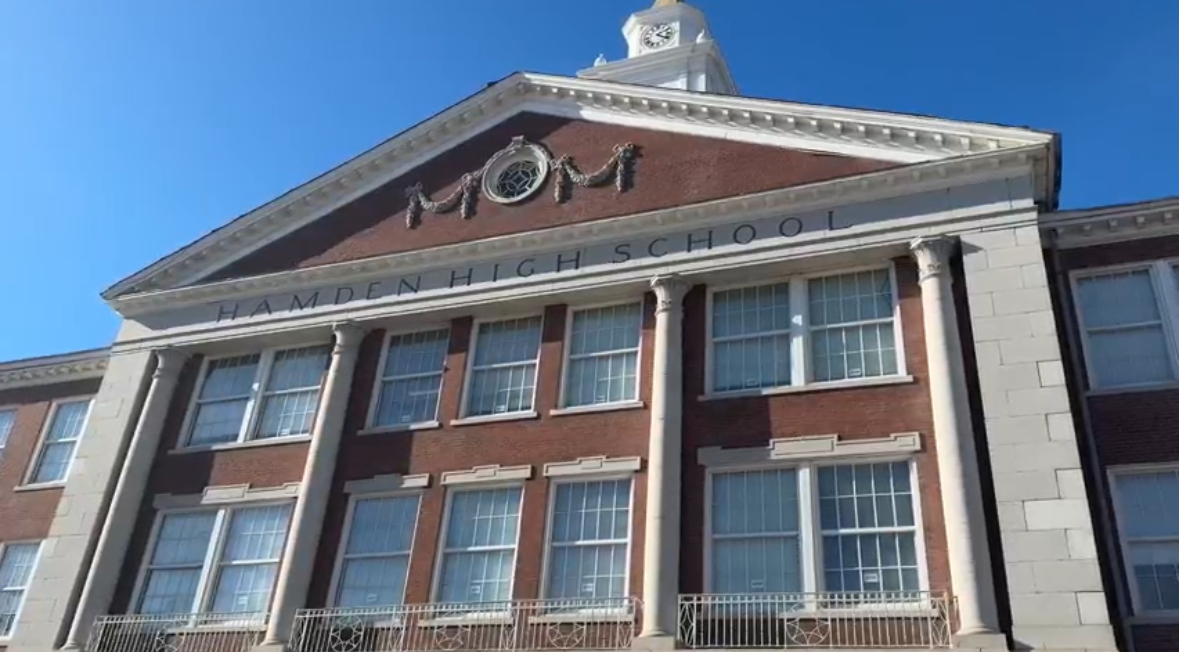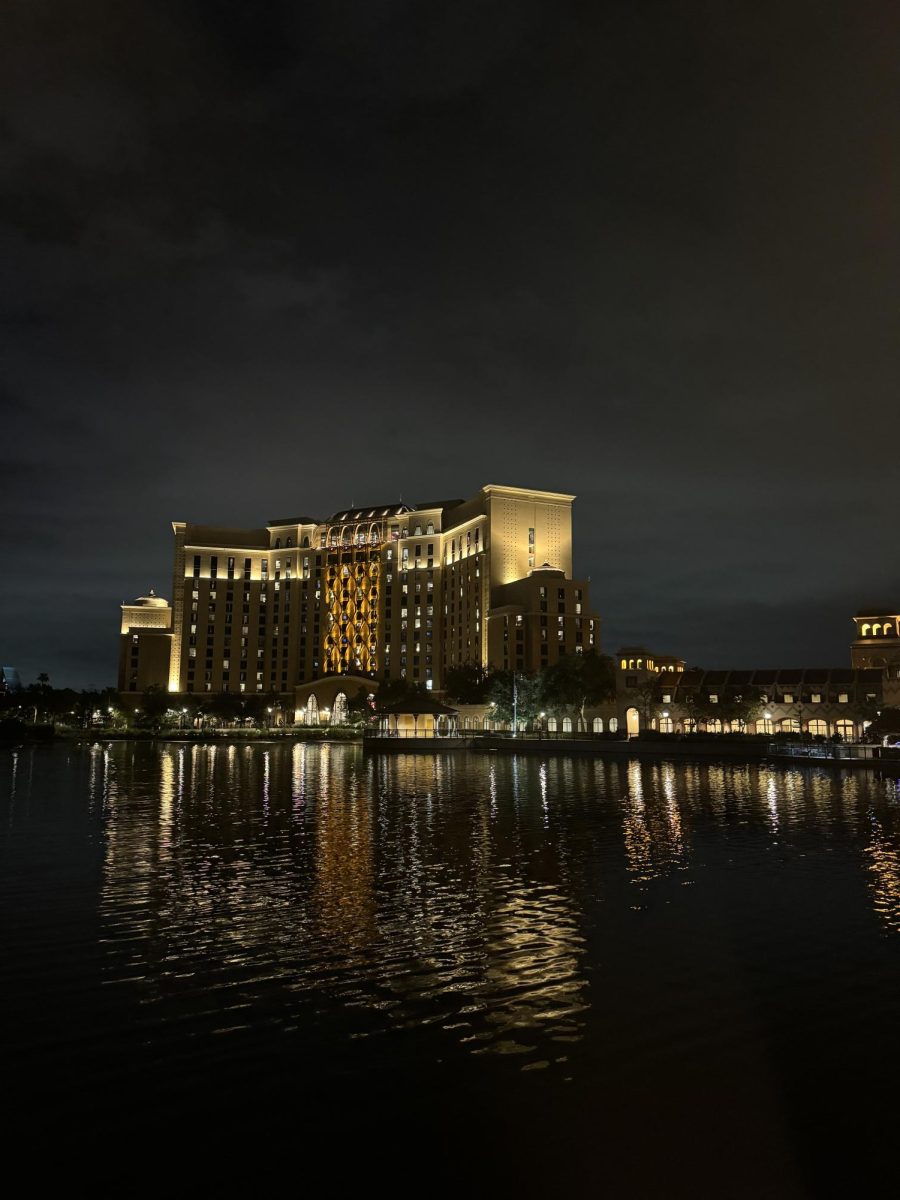Supreme Court Reverses Roe v. Wade
June 25, 2022
The Supreme Court reversed the landmark 1973 Roe v. Wade decision on Friday, June 24, eliminating the federal right to abortion. An opinion written by Justice Samuel Alito was passed through a 6-to-3 ruling, and will now allow each state to pass its own legislation.
The original Roe v. Wade decision set the precedent that the Constitution afforded the right to an abortion on a federal level, through the right of privacy stated in the 14th Amendment. Nearly 50 years later, the case Dobbs v. Jackson Women’s Health Organization has overturned the statute and will now give state governments the power to pass legislation on the matter.
“The Constitution makes no express reference to a right to obtain an abortion, but several constitutional provisions have been offered as potential homes for an implicit constitutional right,” wrote Justice Alito in the majority opinion.
Five states have already put into action laws that will ban abortion, including Kentucky, Louisiana, Oklahoma, South Dakota and Texas. In addition, eight other states also have “trigger laws” set in place to enforce specific abortion legislation once verified and could take up to 30 days to take effect. Other states have the potential to reinforce past abortion legislation that existed before the Roe v. Wade decision.
President Joe Biden gave a speech in response promising to make abortion and contraceptives available and accessible. He noted that this marks the first time the Supreme Court has overturned a constitutional right, stating that the decision “stunned” him.
“Now, with Roe gone, let’s be very clear: the health and life of women in this nation are now at risk,” said Biden. “It’s a realization of an extreme ideology and a tragic error by the Supreme Court, in my view.”
Senate minority leader Mitch McConnell called the decision “courageous and correct” in a statement, and said “This is an historic victory for the Constitution and for the most vulnerable in our society.”
Abortion will remain legal in 22 states, including Connecticut. The state passed a law in 1990 that widely ensured the right to an abortion, such as in medical emergencies and for minors, as well as repealed legislation predating Roe v. Wade. Gov. Ned Lamont addressed the court’s decision in a statement Friday morning.
“Today’s Supreme Court decision drastically oversteps the constitutional right for Americans to make their own reproductive healthcare decisions without government interference. Decisions on reproductive healthcare should only be made between a patient and their doctor,” said Lamont. “This ruling will not only result in a patchwork of unequal laws among the states, but more importantly it will result in dangerous and life-threatening situations similar to what this country witnessed countless times in the era prior to the landmark Roe case.”
Quinnipiac students had protested the issue on campus after the first draft for this opinion was leaked in May. Professor Lauren Sardi, director of Gender Studies, has heard from Quinnipiac students already who are “angry, upset, and scared,” but also students who want to take action.

“This decision is a tremendous step backward in terms of the feminist movement and the rights that so many of our past leaders have fought for,” said Sardi. “The sheer amount of untold suffering that will absolutely unfold as a result of this decision is mind boggling.”
Sardi also notes that because the original Roe v. Wade decision concerned the 14th Amendment, Justice Clarence Thomas in his concurrent statement suggested looking at other statutes protected under the same guidelines.
“He [Justice Thomas] believes the Supreme court should also take a look at other rulings that protected the right to contraception, to all consensual sexual activity in the privacy of one’s home, and the right to equal marriage, as all of these rulings were protected by various facets of the 14th amendment,” said Sardi.
All New England states are among those who still protect the right to an abortion.
“In all states in New England, which includes Connecticut, the right to an abortion is protected at the state level. Connecticut actually has some of the most comprehensive reproductive rights in the entire nation,” said Sardi. “While this should hopefully alleviate the concerns of Connecticut residents and those living in Connecticut, I also get that others are not afforded these same rights and that inequality is a severe threat to our overall well-being.”
Sardi emphasizes the importance of voting to have a say in who is determining these kinds of laws and what the outcome might be.
“It will be important for us to consider that the way we vote plays a pivotal role in who eventually ends up on the Supreme Court. While we don’t vote for justices, who we vote into office plays a role, and so, first, we need to vote, and second, we need to carefully consider our options,” said Sardi.
Quinnipiac’s Women Empowered organization’s President, Casey Heyman, anticipates backlash from women nationwide.
“People should have the choice to have sex and not have a baby. Not everyone’s ready for a baby, and that’s really important that we get to make that choice,” said Heyman.
Heyman emphasized the importance of choice for women in situations surrounding their health and future, and noted that if a woman does seek an abortion, “they’re having it for a good reason.”
“Banning abortions doesn’t stop them from happening, it really just makes it less safe,” said Heyman. “It’s really just harming more than it’s helping because then women aren’t being safe.”
Sardi notes that Quinnipiac students are interested in taking steps to help others, and one course of action could be calling for more resources on campus.
“On campus, we have health services and counseling, but because we still do not have any kind of a women’s or gender center on campus, additional resources are limited,” said Sardi. “If students would like a gender center on campus, I strongly urge them to let administration know, as this has been quite a dead end for well over a decade.”
Protests continue across the country in major cities including Los Angeles and New York City. The White House has announced its planned next steps to support women who may be impacted by the ruling, including calling Congress to action to reinstate Roe v. Wade as federal law.







